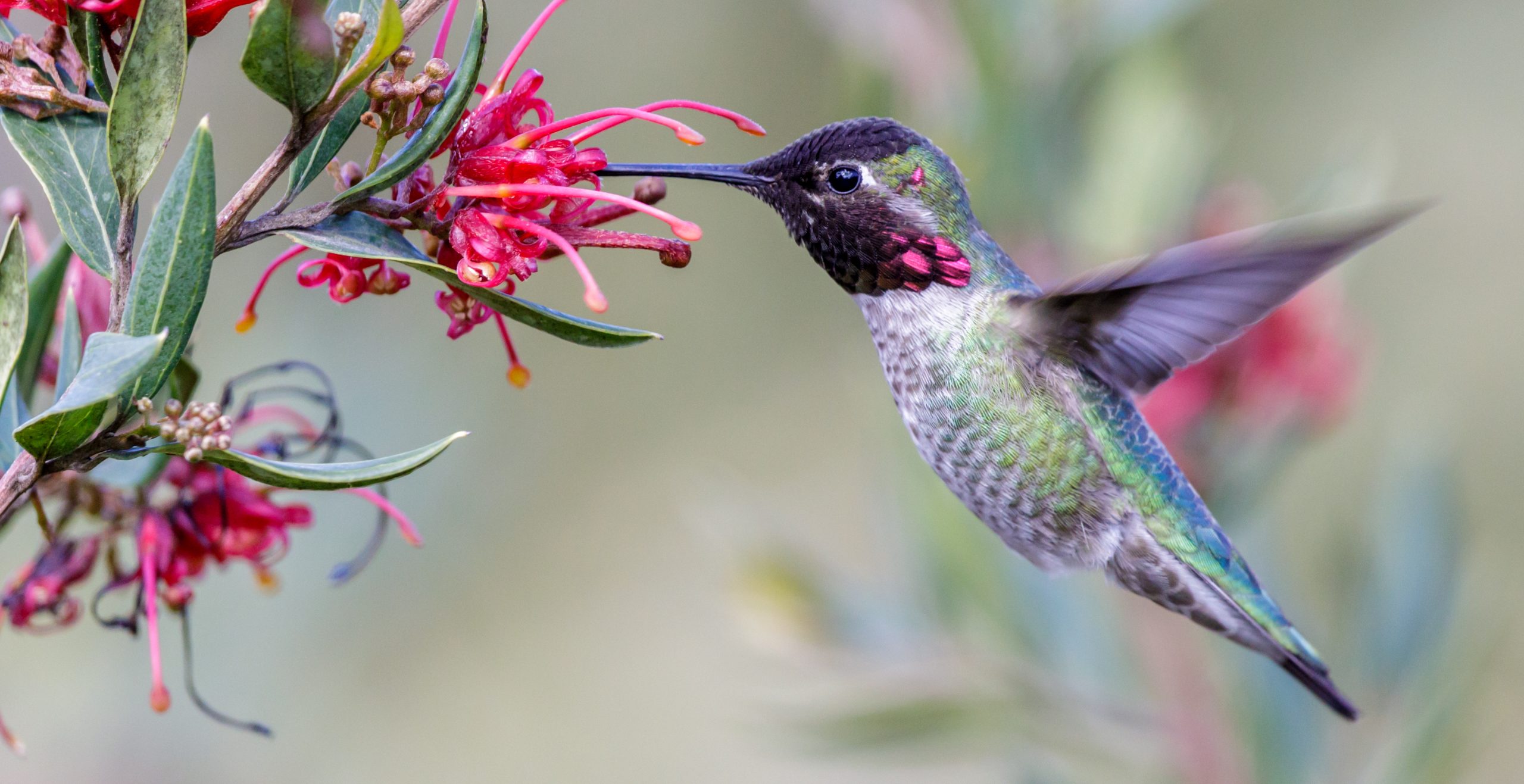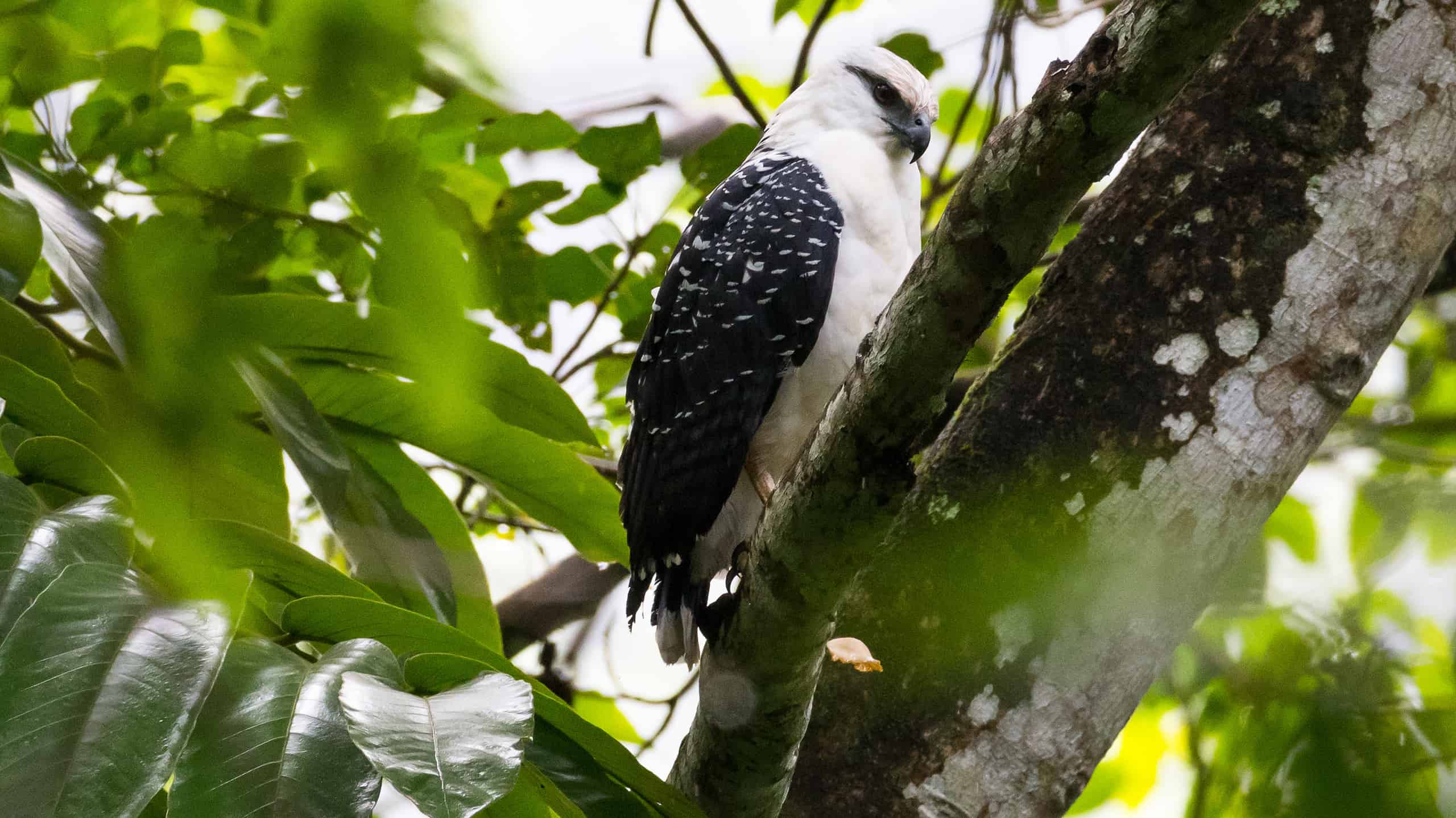Peacocks Takeover Southern California Town and Cause Chaos | Channel 933
Peacocks are getting kicked out.
The South Pasadena City Council, with the backing of aggrieved Monterey Hills residents, have agreed to the entire population’s relocation from the city limits to private ranches and estates throughout California.
The LA Times and the South Pasadena Review say despite the exquisite plumage exhibited by the birds that’s pleasant to look at, detractors point to feces-lined sidewalks and yards; destroyed vehicles, gardens and homes; traffic jams; and loud noise from the bird’s constant screeching.
Residents say the birds vandalize vehicles when the photogenic male birds see their reflections of themselves and begin acting aggressively.
Fanny Johnson-Griffin, 86, a retired Los Angeles Unified principal and Monterey Hills resident since 1967, says peafowls have dropped down from the 50-foot pine tree near her garage in the “middle of the night” and startled her awake. She said they’ve eaten many of her hydrangea plants and she recently purchased a $50 tarp to cover her gazebo, which was “covered in poop.”
“They’re beautiful birds, but they belong in the zoo or in other towns around here, just not South Pasadena,” Johnson-Griffin said.
At the intersection of Flores De Oro and Via Del Rey, dubbed “Peacock Alley” by some residents, a flock of 30 peafowl — mothers, chicks and peacocks — crossed and remained in the middle of the street for minutes, which left drivers and bicyclists to brake, swerve and slow down on a recent afternoon. Jonathan Gonzalez, who has removed peafowl from various Los Angeles County communities, including Altadena, said he’s never seen as dense a flock in as small an area.
Whatever the reason for the birds’ explosion, 79-year-old Monterey Hills resident Shlomo Nitzani said their removal was necessary.
“The peafowls have to go,” he said. “There’s too many of them here and they’re not just destroying property, they’re damaging our lives.”
Nitzani moved to South Pasadena in 1976 and said he didn’t frequently see peafowl until 2010, when his wife Ellen occasionally fed them crackers.
Over the last two years, however, he’s grown tired of the near-daily summer 3 a.m. screeching serenades from peacocks right outside his bedroom window.
Nitzani’s black 2015 Toyota Camry is riddled with dents, talon marks and beak scratches, and the $30,000 he invested to landscape his front lawn is ruined by brown spots from lounging peafowl.
Technically, only males are peacocks, while females are peahens and their offspring are peachicks.
After the birds are captured they will be resettled to private farms, ranches and open spaces in California that already have a bird population — usually chickens and other peafowl — and are at least 100 acres in size.


/cloudfront-ap-southeast-2.images.arcpublishing.com/nzme/6LNWD6GT2VARDOOSGYRZR3SRGU.jpg)





